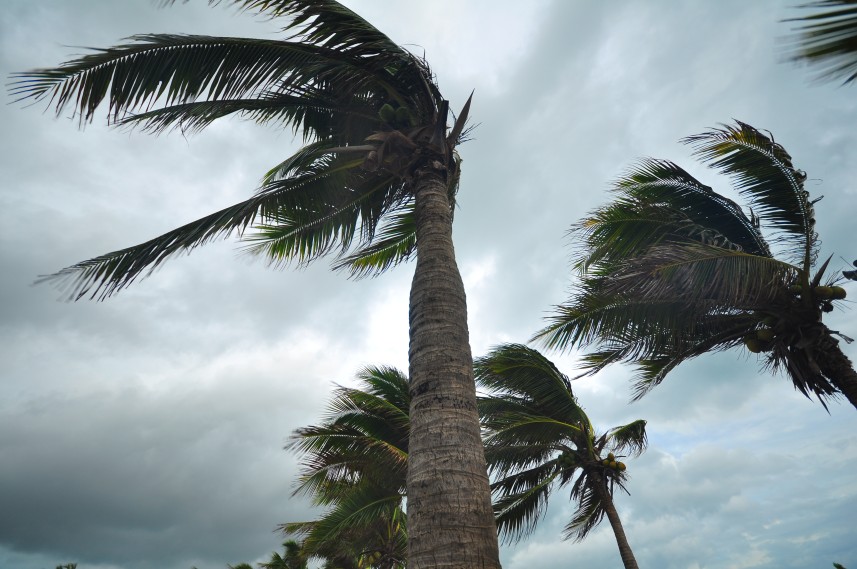
Heavy Rain, Flooding, and Chance of Severe Weather Staring Down the Southern U.S.
January 22, 2024
Posted: April 19, 2022 3:42 pm





Warm Sea Surface Temperatures Create Earlier Storms
Despite another year in which hurricane experts believe that there will be a high chance of an early season named tropical event, the National Hurricane Center (NHC) has still not decided on whether to officially change the start date of the season for 2023.
The NHC considers June 1 to be the official kickoff to the Atlantic hurricane season. However, the last seven years has seen tropical storm development ahead of this date. Although the NHC is considering pushing the start back up into May, this change has not yet been announced by the leading authority on tropical weather.
According to the NHC, the agency has put together a team to study the need to move the start of the season from June 1 to May 15. The federal agency is looking at the potential effects of moving this season up and how a move would impact reporting. As it stands now, the season officially comes to a close on November 30, making it exactly six months. A transition to a start date of May 15 would add two weeks to the duration of the season.
The NHC made the decision last year to begin issuing the regular Atlantic Tropical Weather Outlooks beginning on May 15. It will continue this routine in 2022, providing the earlier than usual update about what is happening in the Atlantic basin.
Although no decision has been made regarding the state date for 2023, the official beginning of the 2022 Atlantic hurricane season will remain June 1. That said, weather experts are forecasting that it is highly likely that the Atlantic basin will see a named storm before the calendar flips to June.
A May named tropical event will be in line with recent history. Tropical Storm Anna formed during the last week of May in 2021. The 2020 Atlantic hurricane season saw the formation of two tropical storms before June 1. In 2018, Alberto made landfall along the Florida Panhandle at the end of May, claiming eight lives in the U.S. and an additional 10 fatalities in Cuba. Alberto rang up approximately $125 million in damage along the U.S. Gulf Coast, proving that early season named storms can pack quite a punch and should be taken seriously.

The burning issue for meteorologists and climatologists is to answer why these storms are forming so early with an increased frequency. A rise in water temperatures in the Gulf of Mexico is partly to blame for the proliferation of early season named storms. Sea surface temperatures running higher than normal for March are already setting off alarm bells signaling that the 2022 season may see early season development, as soon as in the next few weeks.
Not only are the sea surface temperatures above normal across the bulk of the Gulf of Mexico, but the readings are also higher off the coast of the Southeast U.S. and in the Caribbean Sea. As such, forecasters are growing increasingly confident that May is not likely to pass by without any tropical events making a mark on this region of the Atlantic.
It is not without precedence to adjust the official dates of the Atlantic hurricane season. These dates have been tweaked multiple times throughout history, both on the front and back end of the calendar. The original calendar ran from June 15 to October 31. The end date first moved to November 15 before being extended to November 30 in 1965.
The dates are important as this is when the routine coordination between the NHC and the Weather Prediction Center begins. In the past, the official calendar would dictate when the hurricane reconnaissance planes were sent out to monitor the waters over the Atlantic Ocean and Gulf of Mexico scanning for potential threats. However, modern weather satellites means that monitoring aircraft are only sent out when the storms pop up on the satellite imagery.
Did you find this content useful? Feel free to bookmark or to post to your timeline for reference later!

January 21, 2024

January 19, 2024

January 18, 2024